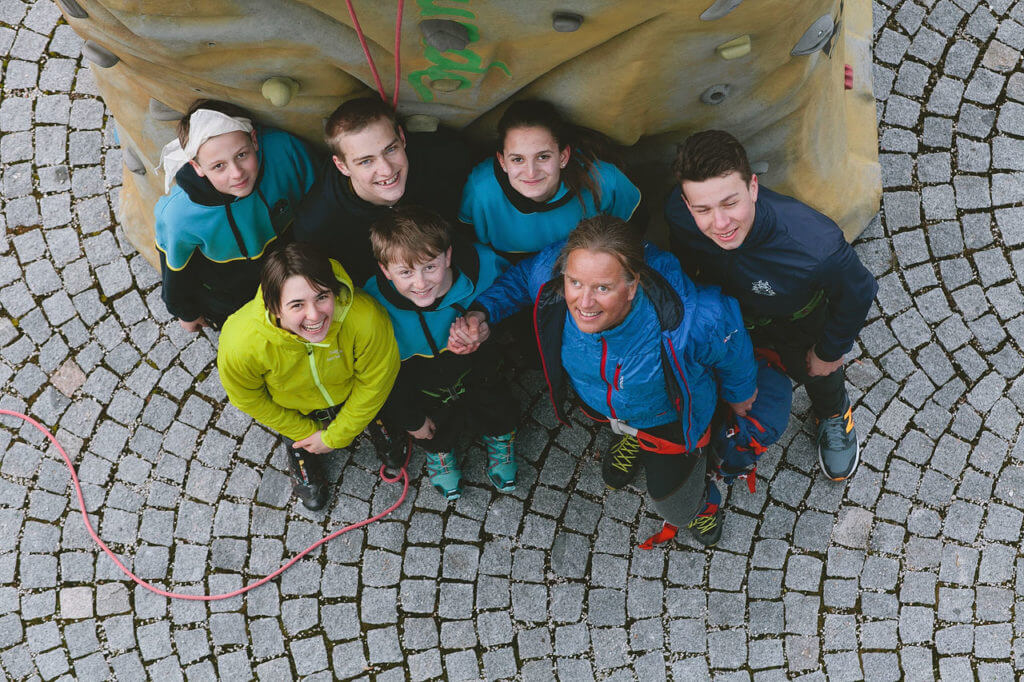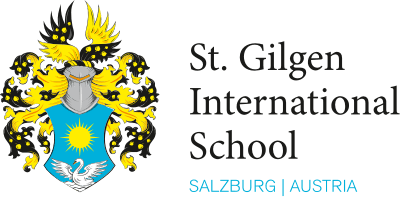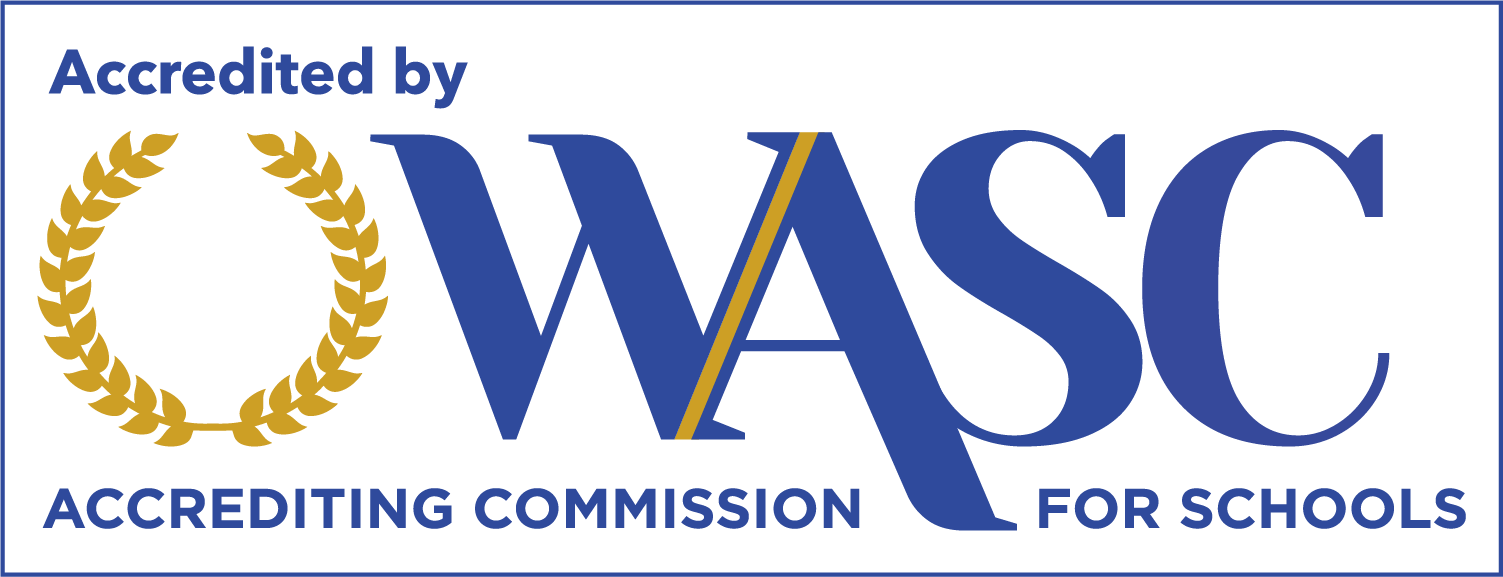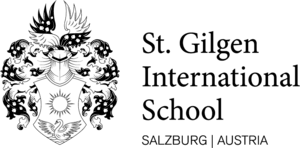A vision of leadership and new perspectives on the path of excellence: reflections on StGIS Inspiring People – Andy Holzer

Last term, as part of our program of ‘Inspiring People’, St. Gilgen International School welcomed Mr Andy Holzer. Andy shared with us his journey as a blind mountain climber. Not only has he stood on top of most of the world’s highest peaks, he climbs to a level that would leave most fully sighted people still scratching about at the bottom. Most importantly though, he shared with us the mindset that has served him in achieving the remarkable things he has in his life. The summits he has reached and the hurdles he has overcome are truly inspiring; however, his powerful message to the audience was, though the vast majority of us will never face life without vision, the challenges we face daily are more similar than we may think.
As a blind man, and certainly as a blind child, Andy was consistently limited by other people’s estimations of him. People made judgments about his capacity to achieve things based on their preconceived idea of who he was. The error they made in this regard is that they positioned Andy’s blindness as the central and most significant part of who he was; they defined him based on his weakness rather than his strength. The critical realisation Andy made very early in his life was to recognise that he does not need to be defined in such a narrow way. Andy calls these people ‘the passersby’, and explained how he would politely greet them, then leave them behind, assured in his own reality of who he is, and fixed on his own goals and ambitions.
If it is the error of the passersby to underestimate and inadvertently burden those they encounter with the weight of a low expectation, it is our own error if we allow these energies any space within our consciousness. As an educational institution, we must be ever aware of the passersby and ensure that within our small community all those we pass share in our ambition, our passion and our expectation of excellence. As we nurture this culture of excellence within our school, we take control of the passerby effect and harness it for the positive. For Andy, it was his inner circle of friends, climbing partners and loved ones who enabled his greatness. At St. Gilgen International School, it is our students, our teachers, our parents and our friends who will enable ours; each of us is an enabler of each other’s path of excellence. This is the power of community.
The other powerful message from Andy’s speech, which has a great pertinence to education, is the necessity for dynamic leadership. Andy described dynamic leadership in his terms as, having the mental vision of where he wants to be and what he needs to achieve, yet needing the support of others to get there. To achieve this he would to engage those near to him in his vision and plans and then to teach them how they should help him to achieve them. In this sense, Andy was the leader, however, the fact remained that he needed others to lead him. And so, the process of dynamic leadership is to help other people help us to achieve our goals. Very rarely, would it be the case that we ever define our objectives and achieve them without the input or support from others. Whether these be physical, academic, business or personal goals, we always need others, and hence, we can all benefit from honing our skills in dynamic leadership.
The need for dynamic leadership is never so great as it is in the case of education. The teacher/leader who fails to see the student as central to the process of education fails to be effective in today’s classrooms. By the same token, the student/leader who fails to inform the teacher/leader of what can be done to promote greater understanding fails to see their fullest potential realised. Our classrooms need to be dynamic spaces where students and teachers work together on shared goals (the goal of opening minds, developing skills and increasing the complexity and depth of thinking). Flies on the walls of our classrooms will hear students beginning sentences with, ‘I understood it better when you…’, ‘what I am missing in my understanding is…’, or, ‘can we explore this section in some more depth please?’. The role of the dynamic student/leader is not a passive one; it involves self-awareness, reflection, open communication and a commitment to growth. It involves investment in those people who you need to succeed. The role of the teacher/leader is to be open to and aware of each learner and the way their learning is best led.
What Andy illuminated for us as a learning community is the necessity for interpersonal relationships that are characterised by high degrees of dynamic personal-professional leadership; embedded within a community of positive passersby with shared high expectations. In other words, students and teachers working together (leading one another) to achieve more that either may have otherwise believed was possible! This is a vision we can all play an active role in brining into reality.
With deepest gratitude and appreciation



















